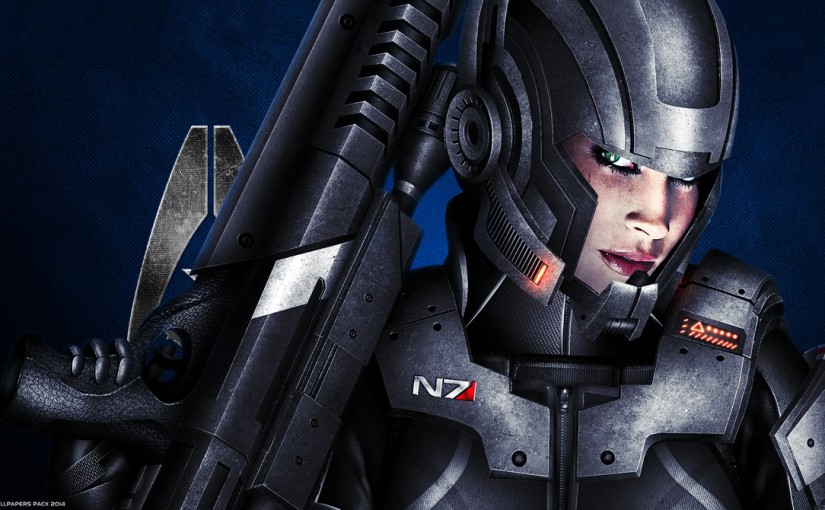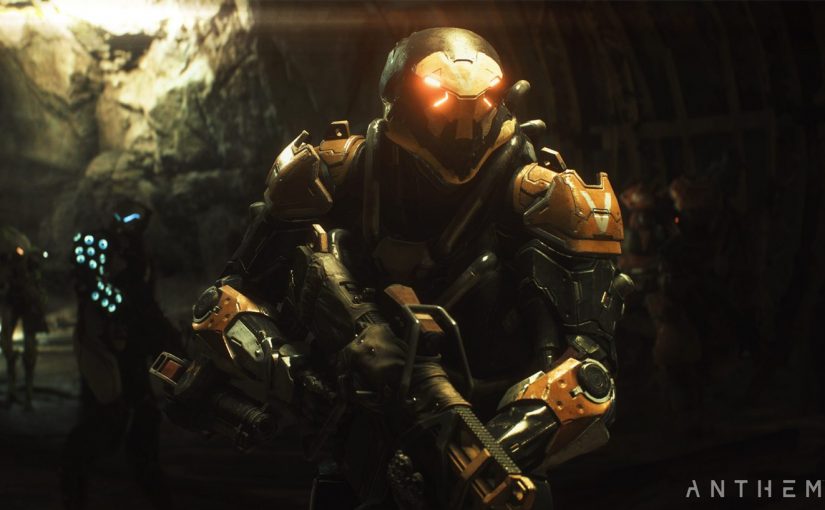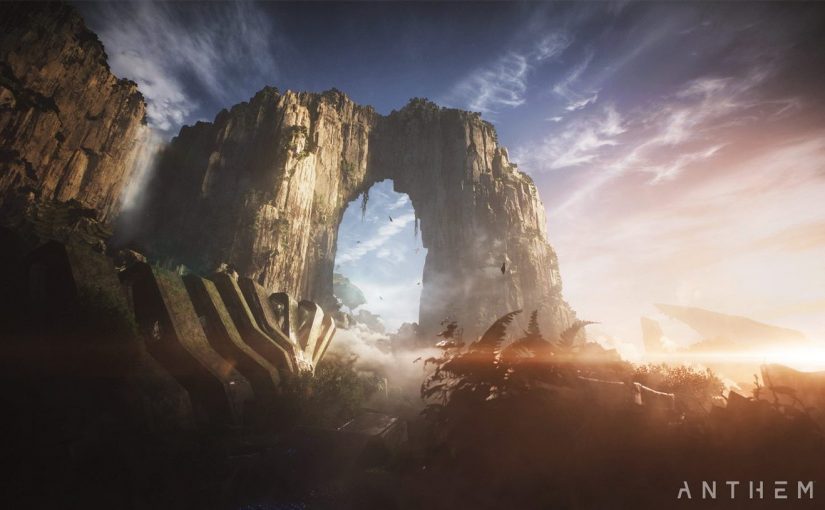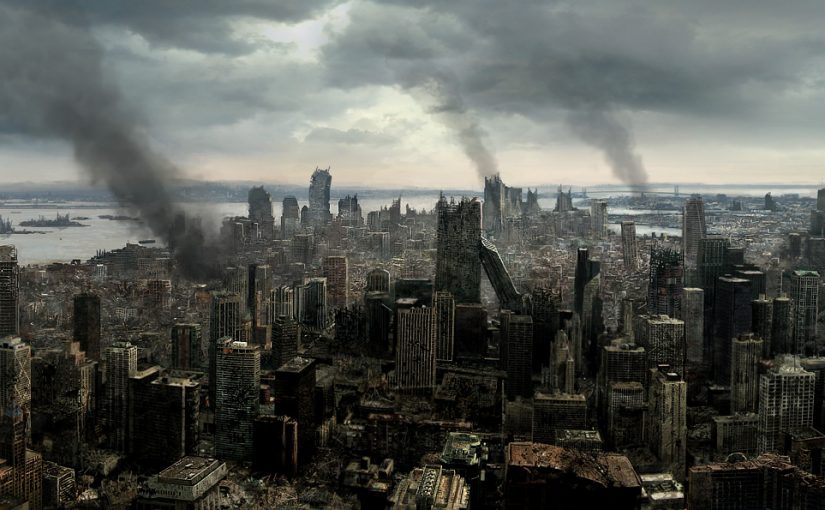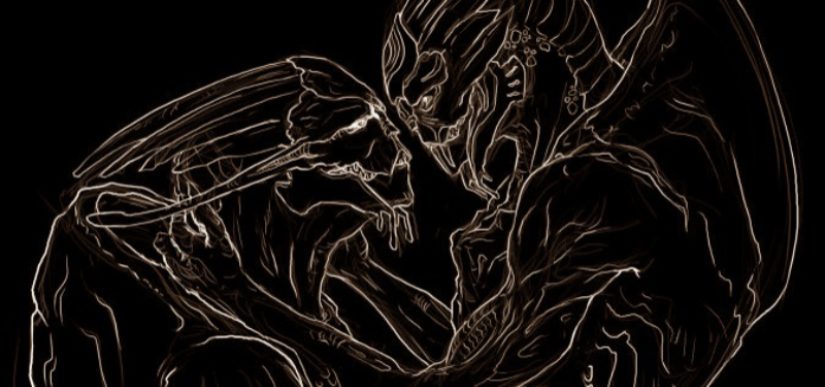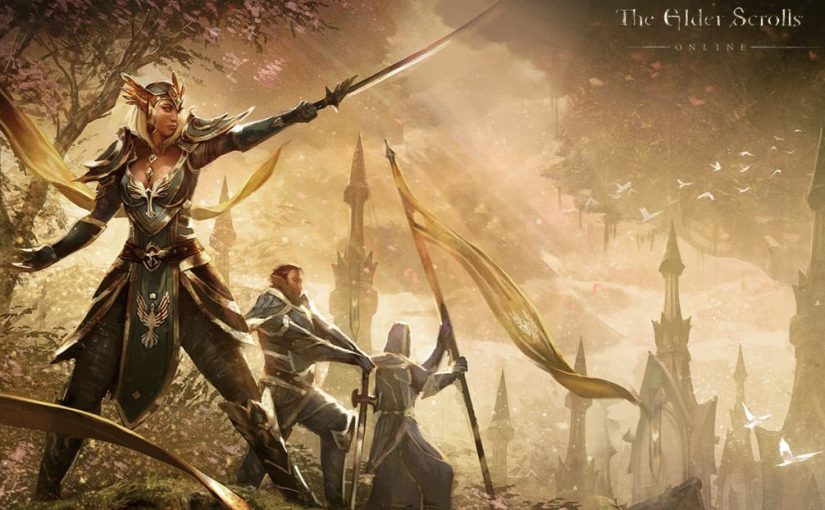This is the second in the series of posts about the Mass Effect Multiplayer Challenges and Halls of Fame.
The ME3MP Platinum Solos Hall of Fame (PHoF) is, I believe, the oldest community archive. The earliest entries in it date back to July 2012, possibly to the same day when the platinum difficulty was introduced with the Mass Effect 3: Earth DLC. Back then, even the best players needed about an hour to complete a platinum solo. Nowadays, veteran soloists can do it in under 15 minutes.
Continue reading Platinum Solos Hall of Fame